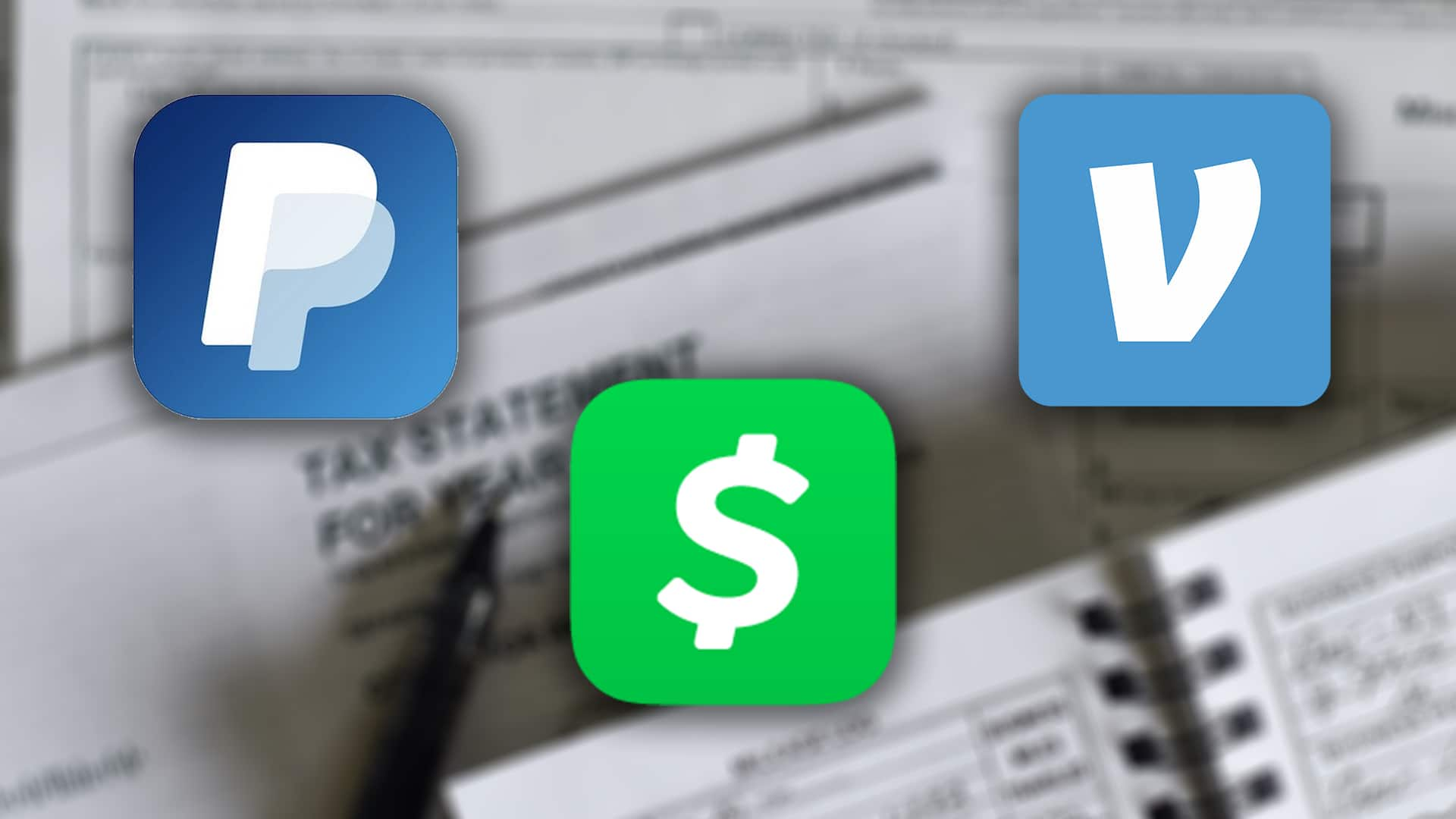When Do You Need an Appraisal for Charitable Tax Deductions?
The end of the year is a popular time for taxpayers to increase their charitable giving. Yet, one key requirement to claim larger donations on a tax return is securing a qualified appraisal.









